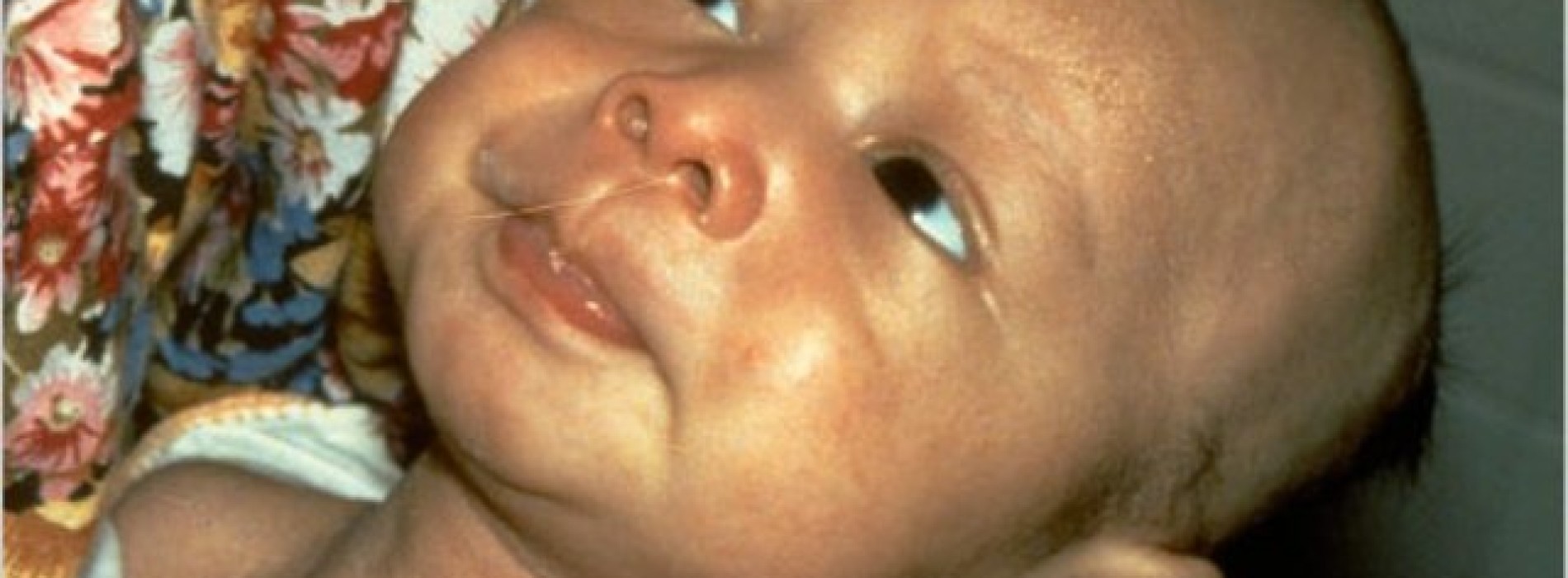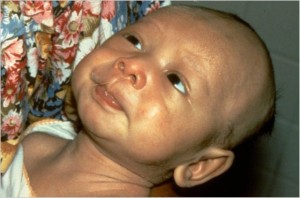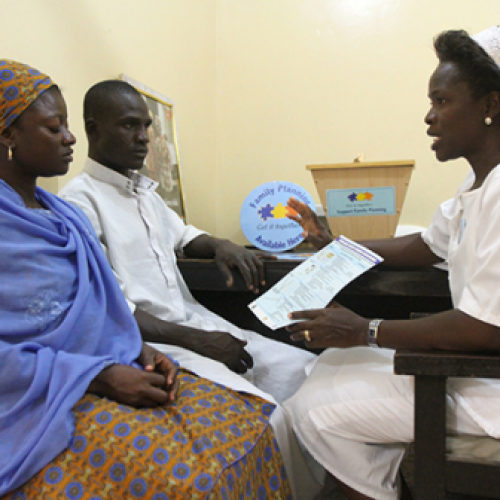India eliminates maternal, neonatal tetanus
India has achieved a momentous public health feat – the elimination of maternal and neonatal tetanus. Maternal and neonatal tetanus is reduced to less than one case per 1 000 live births in all 675 districts of the country. The World Health Organisation (WHO) has validated this achievement adding India to the list of countries that have successfully battled this killer disease.
WHO described the feat as ”a huge achievement” for India which until a few decades ago reported 150 000 to 200 000 neonatal tetanus cases annually.
“Maternal and neonatal tetanus elimination (MNTE) demonstrates India’s strong commitment and leadership that helped improve access to immunization, antenatal care services and skilled birth attendance in the most vulnerable populations – the poor, the remote and isolated communities where hygienic obstetric, postnatal practices and other health services were suboptimal or not accessible,” WHO said.
The Government of India’s innovative approach of utilizing elements of existing and new programs provided the synergistic lift off to make MNTE a reality. India’s re-energized national immunization programme and the special immunization weeks and the most recent ‘Mission Indradhanush’, helped ensure that children and pregnant women are reached with vaccines. The ‘National Rural Health Mission’ promoted institutional deliveries with a focus on the poor. The ‘Janani Suraksha Yojana’ encouraged women to give birth in a health facility.
India’s MNTE success is also a huge tribute to the millions of health workers who often worked under challenging conditions, and undeniably the families and communities who recognized and accepted the benefits of these health services.
However, our efforts cannot stop here. Unlike smallpox and polio, tetanus cannot be eradicated as tetanus spores remain stubbornly present in the environment worldwide. As the risk of tetanus persists, we need to continue our efforts to ensure that MNTE is maintained – women and children are immunized and clean deliveries and proper cord care activities get a further boost.
With India’s achievement, almost the entire WHO South-East Asia Region, barring a few districts in Indonesia, has now eliminated maternal and neonatal tetanus.








0 Comments
No Comments Yet!
You can be first to comment this post!